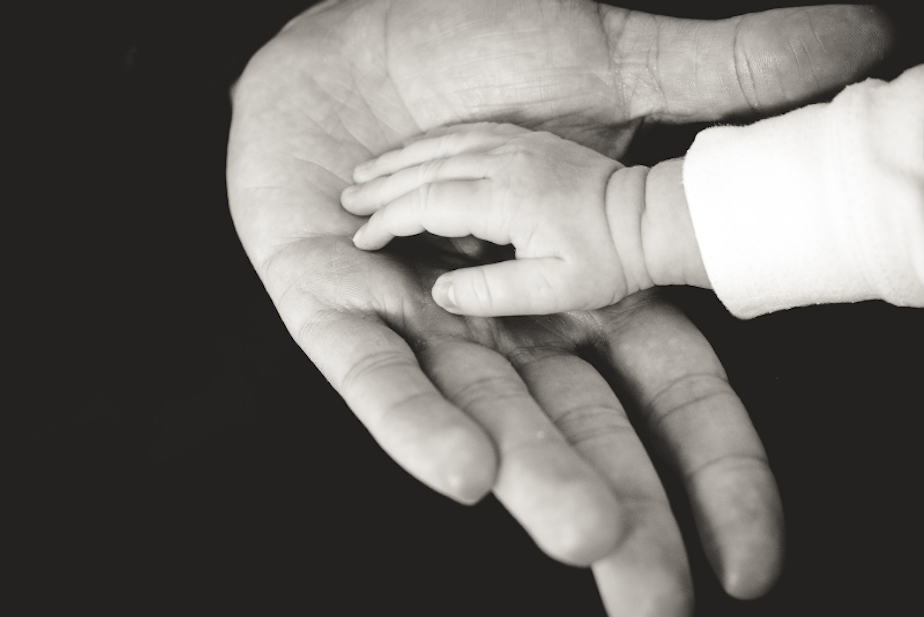Washington lawmakers are considering criminalizing fertility fraud — but what exactly is that?

Consumer DNA testing kits like 23andMe or Ancestry have opened up a new world of information for children conceived using sperm or egg donors. This can bring knowledge about medical history or half siblings — connections that enrich donor-conceived children's lives.
In some instances, though, the revelations are painful and open up new questions about truth and consent in fertility medicine.
A growing number of people are finding out through DNA testing that instead of being “donor conceived” — the product of an anonymous sperm donation — they were “doctor conceived.” Their mothers’ fertility doctors used their own genetic material to impregnate their patients.
And right now, there are few options for parents or children to pursue civil or criminal remedies in these cases. There’s a push to change that in Washington state: A bill making its way through Olympia that would make fertility fraud a crime.
Soundside host Libby Denkmann spoke to three people connected to the issue.
Traci Portugal lives in Woodinville, and discovered her biological father was her parents' fertility doctor.
Sponsored
"I don't think there's words to really put out there to capture the absolute annihilation of a sense of trust, a sense of who you are, where you came from. Even where you are, your place in this world," Portugal said.
For Portugal, this is about making sure no future children end up in her position.
Dr. Lorna Marshall is close the issue from another angle. She says the thought of anyone doing something like this is mystifying.
Dr. Marshall is a reproductive endocrinologist and co-founder and medical director of Pacific NW Fertility. She's also part of the Washington Building Families Coalition, which is trying to pass a mandate to improve access to infertility medical services by requiring insurance carriers to provide coverage for the treatment of infertility, and for fertility preservation for cancer patients.
"I think just the concept of a fertility physician donating their own sperm to their patient is embarrassing and horrifying to me and probably to everyone else in my field," Dr. Marshall said. "Let alone that it sounds like it's being done frequently enough that there are other states that are wanting to criminalize it."
Sponsored
But you probably won't see a lot of doctors going behind bars.
"There's a lot of complex legal issues that weigh in on this," Dr. Marshall said. "I would guess that for the most part this was done before sperm banks were available and sperm was available frozen. And there were probably no consents, nothing written. So it's going to be a very difficult thing to prosecute."
Kara Rubenstein Deyerin, the CEO and co-founder of Right to Know, which sponsored the bill, says you can't assume that no one will commit this crime again.
"I do think it will still occur, I mean, we do have bad apples that continue to do things that they shouldn't be doing. We have a crime against rape, and people still commit rape. So while I don't think that many people are still using their own sperm, I do think there are some doctors out there who will continue to do that."
Rubenstein Deyerin says that she believes when you're making humans, you don't have a right to remain anonymous, at least when it comes to your genetic data.
Sponsored
"I think if you agree to make a human, you need to agree to ensure that they have information that they need for their own health and future children's health."
The State’s Senate Committee on Law and Justice is discussing the bill on Thursday, Feb. 3.





